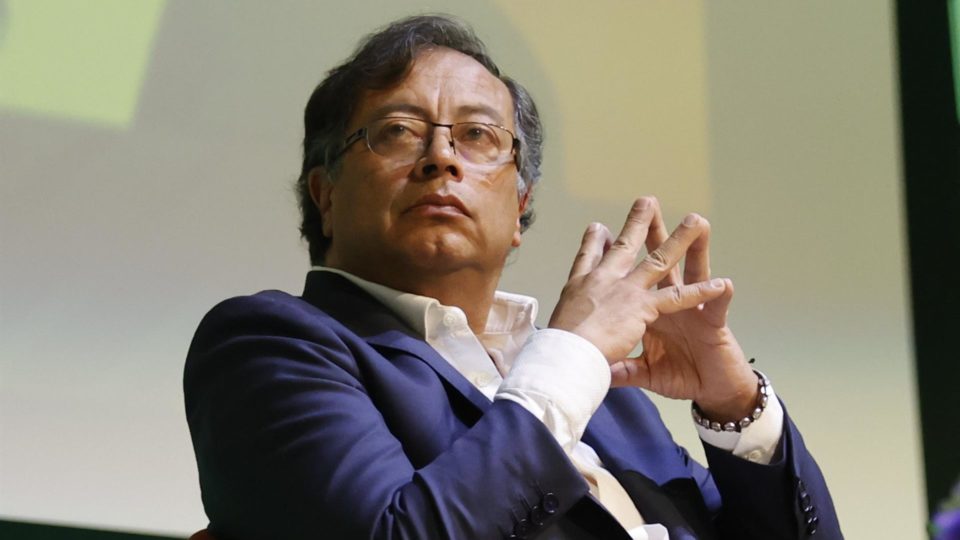(Opinion) Gustavo Petro, Colombia’s president, faces turbulent times.
Within a year of his unprecedented progressive leadership, the political landscape shifted, challenging his governance.
Initially, he secured support from centrist parties like Alianza Verde and even from traditional rivals like the Liberal and Conservative parties.
But this coalition’s unity was short-lived.
By April, Petro disintegrated this coalition, ousting members associated with these political groups from his cabinet.

July 20, a significant day in Colombian democracy, further underscored this fracture.
Former allies pivoted against Petro, aligning with opposition parties in a bid to obstruct the government’s legislative ambitions.
Consequently, the opposition mustered the majority, electing Iván Name, a conservative-leaning figure from Alianza Verde, as Congress’s president over Petro’s preferred candidate, Angélica Lozano.
The narrative of dissent continued, with Senate commissions favoring candidates who oppose Petro’s reforms.
A scandal involving his eldest son, Nicolás Petro, added to Petro’s woes. On July 29, Nicolás was arrested on allegations of illicit enrichment.
Although Petro expressed personal pain and pledged non-interference in the investigation, the scandal could hold political ramifications if links to irregular campaign financing are proven.
While Petro’s first-year achievements were overshadowed by these events, analysts believe he can regain control.
For success in the remaining three years, they suggest he adheres to his development plan, striking a balance between pledges and actual proposals, and cultivating alliances with centrist sectors.
However, the outcomes of ongoing investigations will be pivotal in shaping his presidency’s narrative.

